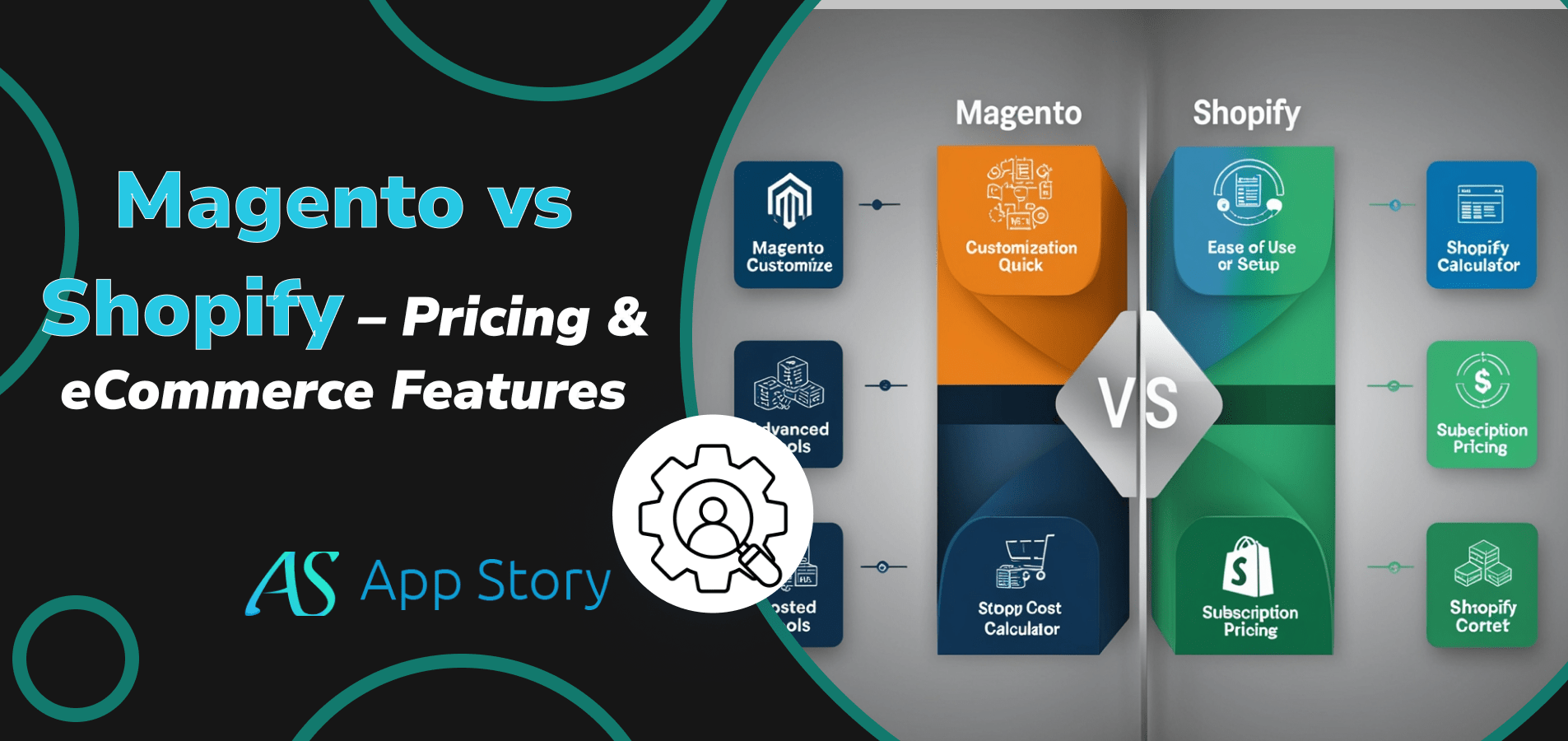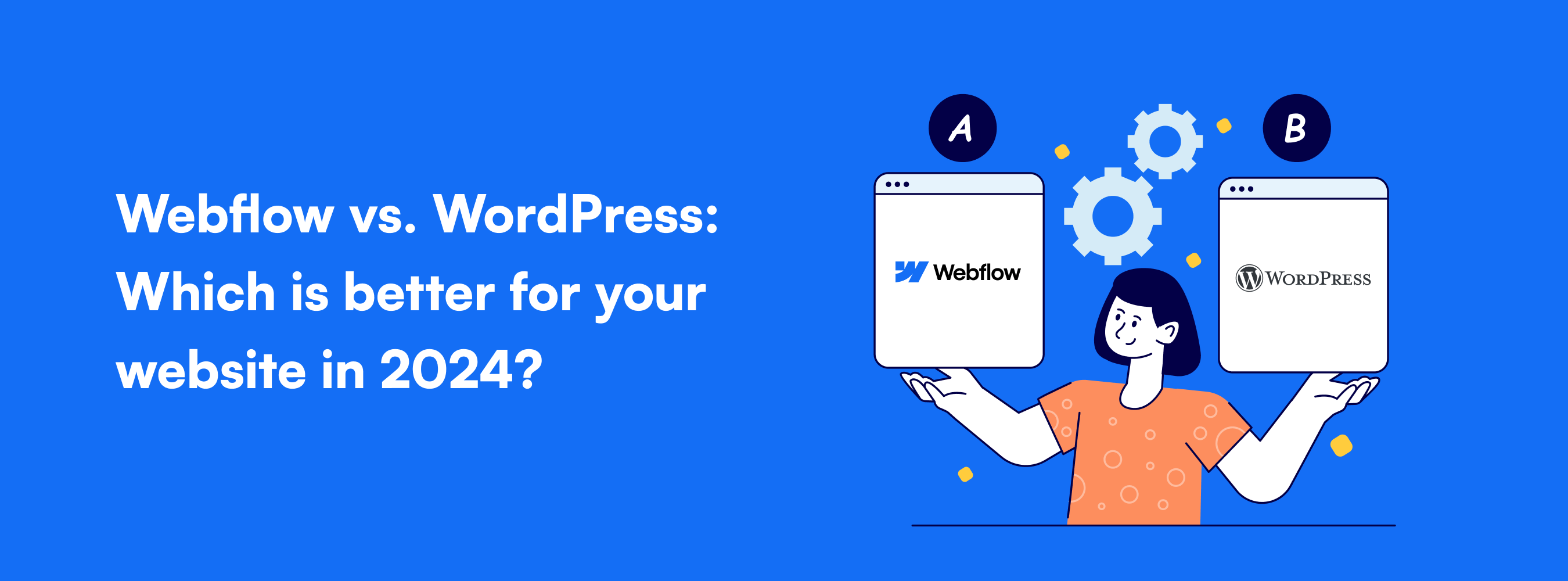When it involves building an eCommerce keep, deciding on the right platform is critical for your enterprise’s success. Magento and Shopify are of the most popular structures on the market, but they cater to one of a kind types of businesses with various needs, budgets, and tech expertise.
In this blog, we’ll dive deep into the differences between Magento and Shopify, mainly in terms of pricing and eCommerce functions. We’ll also explore modern marketplace traits around Magento and Shopify development, supporting you to decide which platform is an excellent ideal for your business.
Magento vs Shopify: Understanding the Basics
Magento is an open-supply eCommerce platform that provides complete flexibility and manage over shop customization. It is especially ideal for medium to massive-scale companies with particular requirements and to get entry to an improvement group.
Shopify, then again, is a hosted answer that focuses on simplicity and ease of use, making it perfect for small to medium-sized companies or marketers who need to get their online stores up and going for walks quickly without having deep technical understanding.
Let’s take a closer look at the pricing and key functions of both structures.
Magento Pricing Overview
Magento is available in two variations:
- Magento Open Source: Free to download and installation, however calls for web hosting, improvement, and maintenance.
- Magento Commerce: A paid model with superior functions and assist.
Magento Open Source
- Cost: Free (though you’ll want to pay for website hosting, extensions, and developer offerings).
- Development Costs: High, as the platform is self-hosted and requires technical expertise.
- Maintenance Costs: Ongoing prices for server web hosting, safety patches, and updates.
Magento Commerce
- Cost: Starts at about $22,000 per year, however the pricing varies depending on the commercial enterprise’s size and sales quantity.
- Development Costs: Higher because of the complexity of customization and the want for professional Magento developers.
- Maintenance Costs: Magento Commerce consists of advanced functions like devoted help, but the fee of ongoing maintenance and website hosting is still sizable
Shopify Pricing Overview
Shopify gives more than a few plans to fit extraordinary commercial enterprise sizes and budgets:
Basic Shopify Plan
- Cost: $39 in keeping with the month.
- Features: Includes crucial equipment for jogging a small online save, including website hosting, payment processing, and a simple save builder.
Shopify Plan
- Cost: $a hundred and five according to month.
- Features: Additional capabilities like professional reviews, gift cards, and better delivery alternatives.
Advanced Shopify Plan
- Cost: $399 in keeping with the month.
- Features: Advanced reporting, 0.33-celebration calculated transport prices, and more.
Shopify Plus
- Cost: Starting at $2,000 according to month (rate varies based totally on income quantity and business needs).
- Features: Enterprise-grade capabilities, together with custom storefronts, committed assist, and scalability for excessive-volume shops.
eCommerce Features: Magento vs Shopify
Both Magento and Shopify offer a robust set of features, but the key difference lies in the level of customization, scalability, and technical expertise required to leverage them.
Magento eCommerce Features
- Customization & Flexibility: Magento offers complete control over the design and functionality of your online store, allowing for advanced customizations.
- Multi-store Capabilities: Magento allows you to run multiple stores from a single admin panel, making it ideal for businesses with diverse product offerings or global operations.
- Advanced Inventory Management: With built-in features for tracking stock levels, managing product variations, and integrating with third-party logistics, Magento is perfect for complex product catalogs.
- SEO Optimization: Magento comes with extensive SEO capabilities, allowing you to optimize your site’s content, URL structure, and meta-data.
- Integrations: Magento can integrate with ERP systems, third-party CRMs, and other enterprise tools to manage customer data, orders, and inventory seamlessly.
Shopify eCommerce Features
- Ease of Use: Shopify’s user interface is intuitive and requires little technical expertise, making it an excellent choice for entrepreneurs and small businesses.
- App Marketplace: Shopify has a large selection of apps that can be added to your store to enhance its functionality (such as marketing tools, shipping integrations, and accounting tools).
- Payment Gateway: Shopify supports a wide variety of payment gateways and also has its own Shopify Payments gateway with competitive transaction fees.
- Mobile Optimization: All Shopify stores are automatically optimized for mobile, ensuring that your customers have a seamless shopping experience across devices.
- Security: Shopify includes SSL encryption, PCI compliance, and automatic updates, making it a secure choice for eCommerce businesses.
Magento vs Shopify: A Feature Comparison Table
| Feature | Magento | Shopify |
| Ease of Use | Requires technical expertise for setup & maintenance | User-friendly, no coding required |
| Pricing | Free (Magento Open Source), but high development costs | Starts at $39/month, with additional costs for advanced features |
| Customization | Highly customizable, complete control over design | Limited to available templates & apps |
| Hosting | Self-hosted (Magento Open Source), hosted (Magento Commerce) | Hosted solution with Shopify plans |
| Support | Community support (Open Source), dedicated support (Commerce) | 24/7 customer support |
| Inventory Management | Advanced inventory control features | Basic inventory management features |
| Security | Customizable security options, requires manual updates | Built-in SSL, PCI compliance |
| SEO Capabilities | Advanced SEO features and optimization | Built-in SEO tools with a user-friendly interface |
| Mobile Optimization | Requires manual development for mobile optimization | Automatic mobile optimization |
| Payment Gateways | Multiple payment gateway integrations | Shopify Payments, plus third-party gateways |
| Scalability | Highly scalable for large businesses | Suitable for small to medium-sized businesses |
Market Trends: Magento Development vs Shopify Development
According to a report by Statista, in 2023, the global eCommerce market size was valued at $5.7 trillion and is expected to continue growing. Both Magento and Shopify have seen significant adoption among businesses aiming to tap into this lucrative market.
Magento Development Trends
Magento’s development market has seen consistent growth, particularly among enterprises and businesses with large inventories or complex operational needs. According to BuiltWith, as of 2023, Magento powers around 1.3% of all live websites in the world, with over 250,000 eCommerce stores using the platform. This makes it one of the leading choices for large-scale businesses with complex needs. If you’re planning to scale your business, hiring Magento developers can help you tailor the platform to your specific requirements.
Shopify Development Trends
Shopify, known for its ease of use, is now used by more than 4.7 million businesses globally. Shopify’s ease of setup and maintenance has made it the go-to choice for smaller and medium-sized businesses. Recent trends indicate that Shopify’s user base is growing by 20% year over year as more entrepreneurs look for affordable, flexible solutions to launch their eCommerce stores.
Conclusion: Which Platform is Right for You?
Choosing between Magento and Shopify depends largely on your business needs, technical capabilities, and budget. If you’re a small business owner or an entrepreneur looking for an easy-to-use, cost-effective solution with a quick setup, Shopify is likely the better choice. Its user-friendly interface, scalability, and extensive app marketplace make it an ideal solution for small to medium-sized businesses.
However, if you have a large business with complex requirements, need a highly customizable store, or have the resources to manage ongoing development and maintenance, Magento could be the right fit. Its flexibility, scalability, and enterprise-grade features make it a powerful option for large-scale eCommerce stores.
No matter which platform you choose, remember that professional development and ongoing maintenance are key to success in the competitive eCommerce space. If you decide to go the Magento route, make sure to hire Magento developers who are experienced in customizing and optimizing the platform to suit your specific business needs.
Ultimately, both platforms have their strengths. The right choice will depend on your business’s size, goals, and resources.
Author Bio:
I’m Karan, working as a subject matter expert with Developer Per Hour. Developer Per Hour is a pool of skilled resources allowing you to hire dedicated developers for a wide range of technological and project requirements.






 United States
United States United Kingdom
United Kingdom India
India Canada
Canada Singapore
Singapore



































